As Presidency Hinges On A Handful Of States, Some Have Made A Popular Vote Pact
Enlarge this image
Protestors demonstrated against then-President-elect Donald Trump in Philadelphia on Nov. 13, 2016. The Republican candidate lost the popular vote by nearly 3 million votes, but won the Electoral College.
Mark Makela/Getty Images
hide caption
toggle caption
Mark Makela/Getty Images
Elections
Electoral College ‘Not Carved In Stone:’ Author Advocates Rethinking How We Vote
Going back at least to 1968, it has been clear on election nights who had won the national popular vote, Wegman says – even in nailbiters like 2000.
We knew Al Gore had won the popular vote in the country on election night. There was no question. What we spent 36 days fighting over was Florida’s votes, and Florida’s 25 electoral votes, which it gives out winner-take-all.
Our current outsize focus on a handful of purple states is because nearly all states award their Electoral College votes in the same way Florida does: the winner of the state’s popular vote wins all of the state’s electors.
The Electoral College system has created a number of issues. First, the votes aren’t exactly proportional to population.
If the U.S. used a popular vote, rather than the Electoral College, advocates say every vote in every state would matter – and each one would count equally.
Electors are apportioned based on how many representatives a state has in the House, plus its two senators. The District of Columbia is alotted three electors.
So California ends up with one elector for roughly every 718,000 residents, while Wyoming has one elector per roughly every 193,000 residents.
«In a sense, you could say that Wyoming’s voters actually get more bang for their buck in the Electoral College because, after all, a very small number of people are choosing three electors, as NPR’s Ron Elving has explained.
One person, one vote? Not quite.
Another issue is the one we’re watching play out right now: Only the states that are closely divided between Democrats and Republicans get any attention at all in the general election.
More than 4 million people voted for Donald Trump in California – a huge number. But those votes are effectively rendered invisible by the Electoral College, and California is ignored by candidates in the general election because it is a safe Democratic win. Winner takes all.
Politics
How Does The Electoral College Work, And Is It Fair?
But what about one of the major concerns often voiced about a popular vote – that rural areas would be ignored in favor of big population centers?
Patrick Rosenstiel, a senior consultant to National Popular Vote, says the current system overlooks both rural and urban voters, depending on the state they live in.
«States like New York and North Dakota are valued the exact same way under the current system. They’re valued not at all, because they’re reliably either Republican or Democrat, he says. «The only way I know how to put urban voters at parity with rural voters and rural voters at parity with urban voters is to make every voter in this country politically relevant in presidential elections.
The way to do that? A national popular vote that would require candidates to campaign in all 50 states.
The effect would be that every voter would know their vote matters, Rosenstiel says: «I don’t care if you’re in the heart of Manhattan or in the outskirts of Helena. When you go vote for the American president, you know what’s going to count towards the final result in a national popular vote election. And you’re not going to be treated like a second-class citizen.
Consider This from NPR
The Electoral College: Why Do We Do It This Way?
Rosenstiel, who describes himself as «a lifelong Republican trapped behind the blue wall in Minnesota, says the national popular vote effort has a lot of support from frustrated voters around the country.
And that’s why, he says, donors from outside Colorado gave money to the Colorado campaign to support the interstate compact — the group Yes On The Popular Vote raised and spent about $4.5 million, according to Colorado Public Radio.
«They want to end the system we have today, and for good reason, says Rosenstiel. «They don’t feel valued. It doesn’t produce a good result. It’s not the candidates’ fault. I’m not suggesting the result would be good or bad no matter who wins this. But the bad result is it leads to chaos, unneeded recounts, lawyers and courts picking presidents.
Opponents of the Colorado national popular vote law point out that the compact could put the state’s electors in the position of voting for a candidate not supported by a majority of Colorado voters.
There’s no doubt that changing the current system is an uphill battle.
But Rosenstiel says the problems in the current system are plain enough to see: «The system you’re watching unfold right now is crushing under its own weight.
The Electoral College has become more of a partisan issue as Democrats have so frequently won the popular vote since 2000. Barack Obama won both the popular vote and the Electoral College in 2008 and 2012. Al Gore in 2000 and Hillary Clinton in 2016 won the popular vote, but lost in the Electoral College.
The states and D.C. that have joined the popular vote compact so far are all states that went for Biden in this election: blue states. But the bill has also passed in legislative chambers controlled by Republicans, including the Arizona House and the Oklahoma Senate.
Rosenstiel notes that the entire red state/blue state lens through which we’ve come to see America is a product of the Electoral College system.
A system he calls «unsustainable because it has created two kinds of voters: «the battleground state voter that has all of the power with the American president, and the flyover state voter that has very little.
- National Popular Vote
- Electoral College
- Colorado
Обсудим?
Смотрите также:

